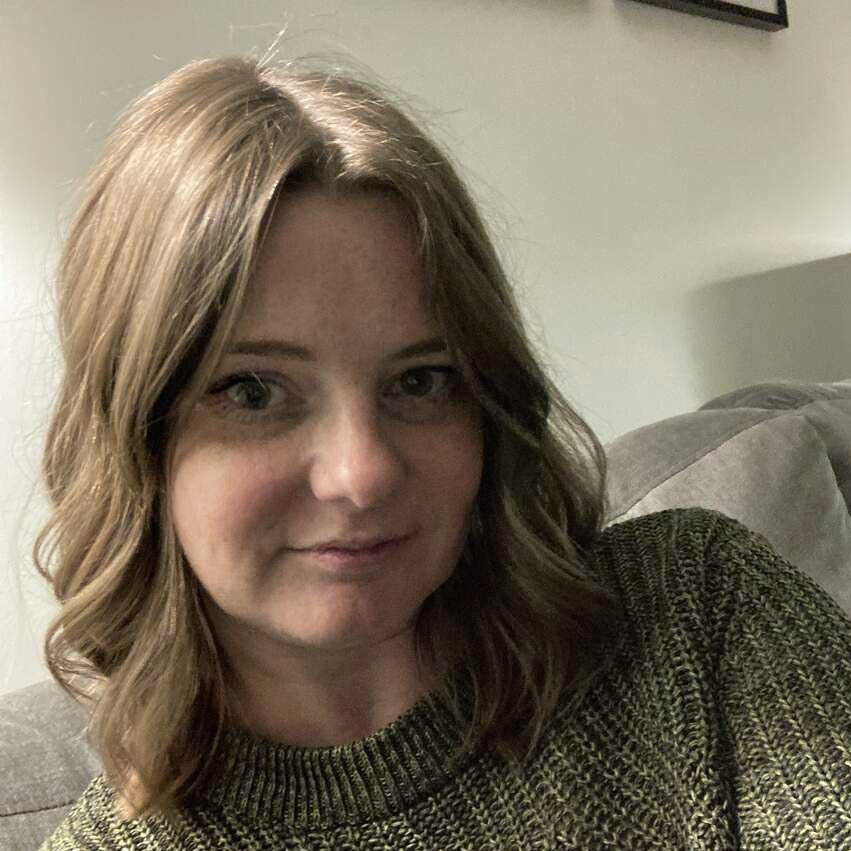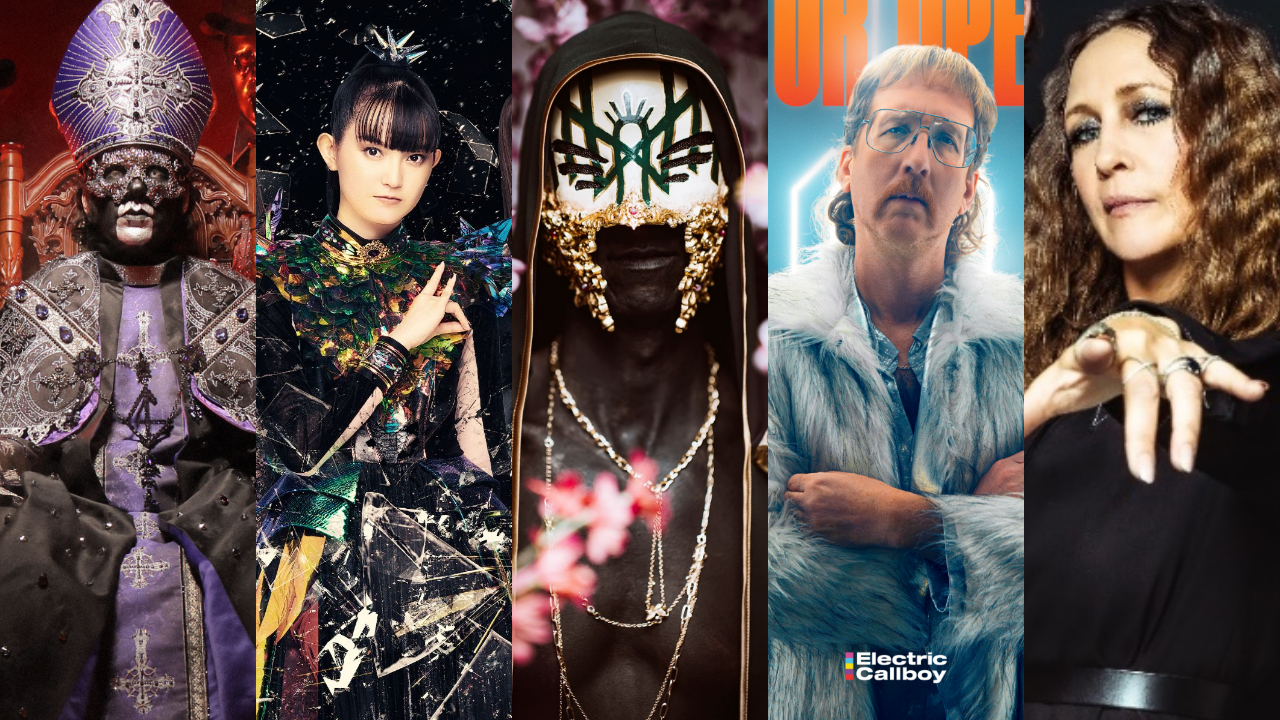Drugs, Death And Dark Days: Chino Moreno's History Of Deftones
From schoolboy ambitions to international fame via drug problems, personality clashes and the death of a bandmate, the path of Deftones has never run smooth – but they're still standing…
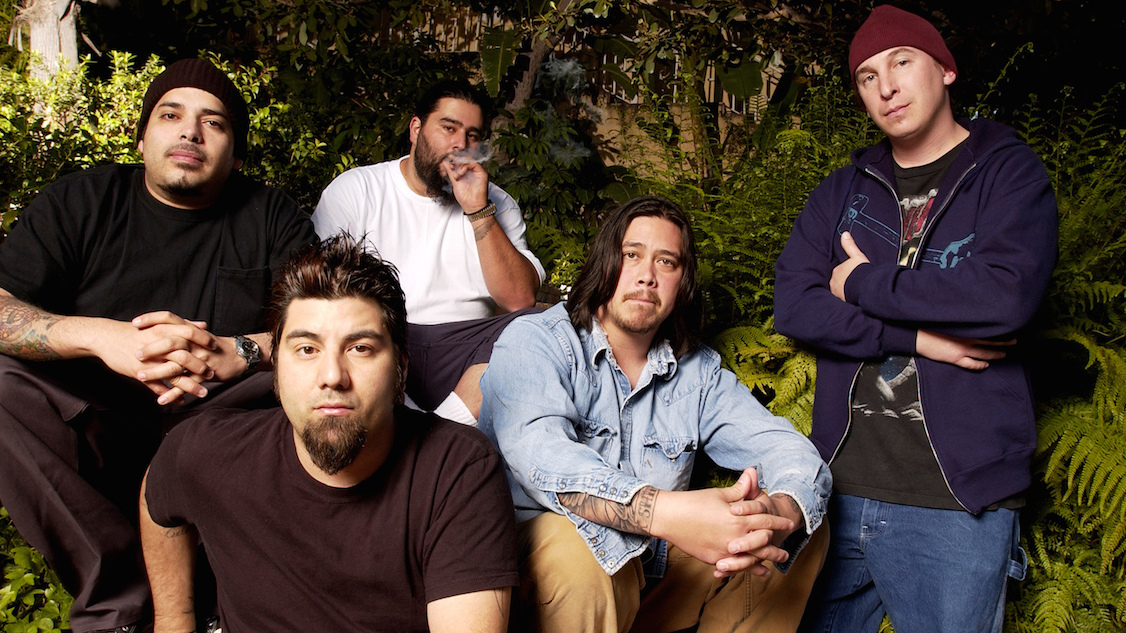
Since they were formed in Sacramento, California, in 1988 by a bunch of skateboarding teenagers, Deftones have cut a swath through the metal scene with a sound that has always broken new ground and that went on to influence a generation that followed them. But their triumphs have been marred by low points that would have been insurmountable for a lesser band, from bouts of in-fighting to serious drug habits to the tragic death of an integral member of the group.
Frontman Chino Moreno looks back candidly over a career that started in the school playground, reflecting on the mistakes they’ve made and learned from, and how they managed to heal the rifts that threatened to tear them apart. “This whole long story of everything we’ve been through, it’s put it in perspective for myself,” he says after picking apart Deftones’ history. “It’s actually making me realise everything we’ve been through and why we are who we are today.”
—
You met Abe (Cunningham, drums) at school – what are your earliest memories of your bandmates?
I met Abe in seventh grade, when I was about 12. We were both into skateboarding. We became good friends, and one day after school I went to his house and he had a drum set in his bedroom. The drum set took up his whole room, then he had little makeshift bed on the floor. It was cool to me, that this kid was really committed to his drums. He later told me he had been playing since he was little, like four years old. So he was really good, at 12 years old.
And Stephen (Carpenter, guitar)?
He was a couple of years older than me, but he also skateboarded so we ran in the same circles. He had a garage that had a bunch of musical equipment in it. Everybody used to go over to his house and bang around on the drums. Sometimes I’d go over there and there’d be random kids playing, and I would grab the microphone and try to sing what they were doing. One day after school Abe and I went over to Stephen’s house. He was sitting on his porch chugging away on his guitar. Abe starts playing along, they lock in on some riffs, and they start playing together. And all of a sudden I see Stef looking at me, playing, and his eyes get wider and wider. They were playing Metallica or Death Angel, and that was it. Right away they locked in. So because I introduced them I guess they thought it was appropriate to offer me a job in the band.
What was the aim when you first started out?
I don’t think any of us really had this idea that we were going to become a real band, meaning we’d play shows, let alone ever go on tour or get a record deal. We never thought that far. But the fact that we can make a song from scratch, we were very ambitious to try and do things. There was no one telling us that we couldn’t, even though none of us had any formal training. We were just figuring stuff out on our own, a trial by error kind of thing.
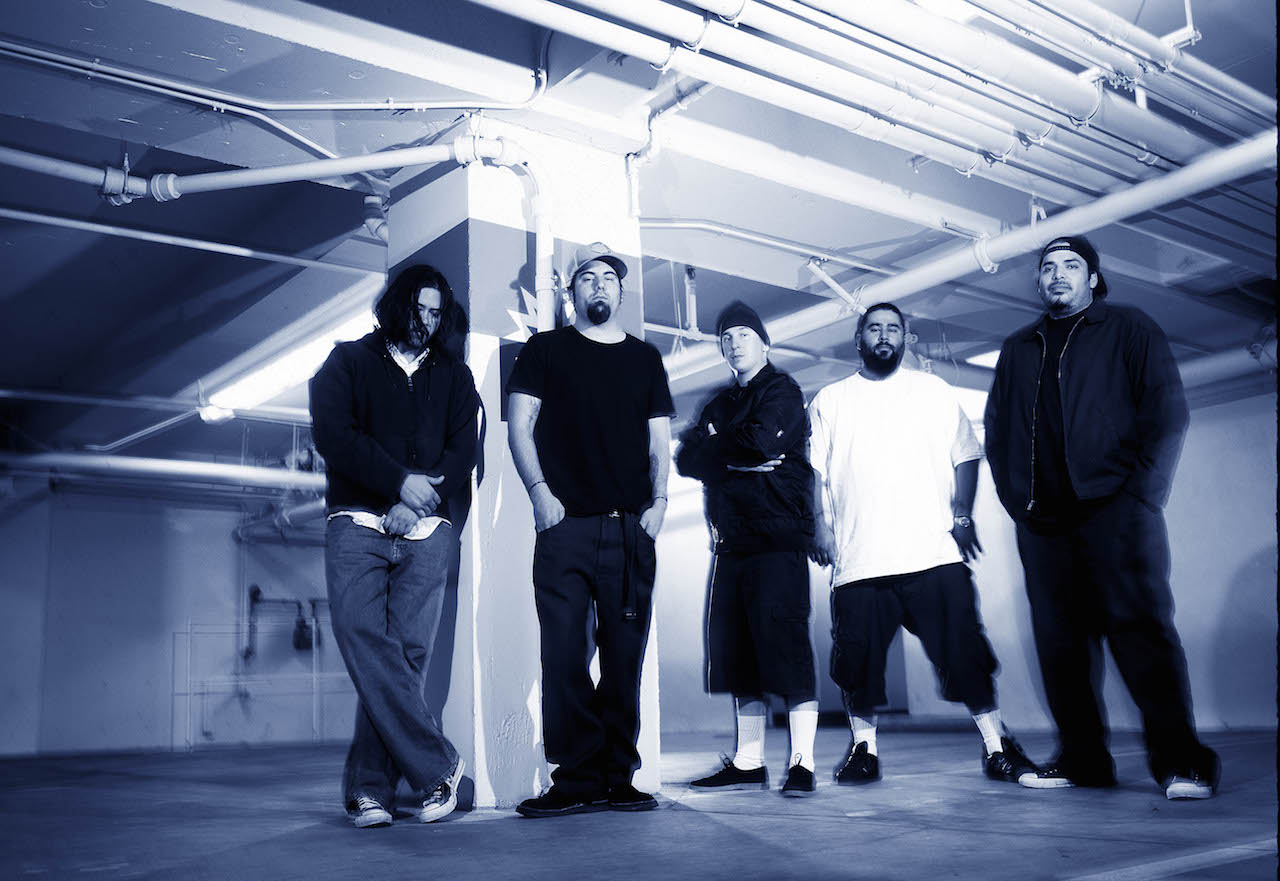
With being that focussed, do think you missed out on any of the stupid teenage stuff most kids go through?
No, cos we were just silly teenagers. The silliness never stopped, but we were coming of age. Even after we had a record deal and we started touring the world, we were still pretty young, 19 years old. So we grew up in front of audiences. We learnt to how to be men together. Just every little thing, like learning how to be respectful to one another. When you’re a kid you’ve kinda got this attitude, especially if you’re in a band, you’re taught the rules kind of don’t apply to you in a way. And those life lessons you’ve got to learn the hard way. But we pretty much stayed out of trouble trouble. None of us ever got arrested.
Sign up below to get the latest from Metal Hammer, plus exclusive special offers, direct to your inbox!
Were there any situations in those early days that were frightening for a young band?
Tons of them. Times where we’d play and there’d be nobody there or people were booing us. One time – I still don’t know how we even got on this tour – but we got a chance to open up for Kiss for a whole month, playing in arenas. The hardest band to open up for ever. The people that go to see Kiss are there to see Kiss, they could give a shit less who’s the opening band. Our songs were pretty abrasive, that sound had not really developed yet and people didn’t really understand it. So we’d be playing and there would literally be guys sitting in the front row in full Kiss make-up just standing there flipping us off for the whole set. Wouldn’t put their arms down. There’d be times where I’d be like ‘motherfucker, I know your arm’s tired, you can put it down, I know you hate us.’ It was really rough, but at the same time still the experience of a lifetime.
Deftones have never bent to trends, you’ve always been slightly outside of what’s going on. Was that deliberate?
That’s all we knew. I don’t think we even really knew who we were at that time. I still think that we don’t really know who we are. When we go in to write songs we don’t have any sort of agenda we’re trying to fill. We just want to make songs that we want to listen to ourselves. We just start making noise and bouncing ideas off each other and what comes out comes out. I think we’re very genuine to ourselves. We created something that was ours.
Things really took off with Around The Fur. Was there a real brotherhood in the band at that point?
Yes. Very close. We all lived together when we were recording that record. Stef, Abe and I shared an apartment and it was one of the funnest times, very great years.
Three young guys sharing an apartment, that’s got to have been disgusting.
Oh it was. We were pretty clean actually, but we partied a lot. It’s funny because I don’t remember much from actually being in the studio recording that record, but I remember everything else, like every night being out, having parties at the apartment. But somehow we made a record during that time! The apartment was full of people every night.
Then you made White Pony - was that more of a ‘you’ album in tone?
Yeah, that’s when I started playing guitar and started doing a little bit more of the writing. And at first it wasn’t taken that easy. Stephen was very discouraged with me playing.
Did he feel pushed out?
I think he just wanted me to sing. Maybe he felt like I was treading on his ground, but in my defence he wasn’t really being that productive in the beginning, and that’s why I picked up the guitar and started writing. In 1999, he moved to Los Angeles. Which was great for him because before that he lived with his mom! But he left us in Sacramento with no guitar players, so we came off Around The Fur so ready to make another record, and we were just in a stalemate. So me, Abe and Chi [Cheng, bass] just started jamming just to keep ourselves occupied. But we ended up writing a lot in the studio. We wrote Change and some of our bigger songs. But that was him and I collaborating. It took a lot to get there but we realised that it worked. So it ended up being a good thing.
- Modern Classics: Deftones - Deftones
- Chino Moreno’s Five Favourite Deftones covers
- Why I love Crass, by Deftones' Sergio Vega
- What's Going On In Deftones?
You two have butted heads a lot over the years.
We still do!
How does that manifest itself?
I love Stephen to death, but if he was sitting here right now and I said ‘man, I really like those grey curtains there’, he’s be like ‘those curtains aren’t grey.’ He would go down to the end to explain to me why those curtains aren’t grey. That’s just how he is. He’s very argumentative, he loves to challenge everything. But when you’re writing music with somebody it’s good to have different opinions too. And that’s what makes us who we are. I’ve learned to accept it and love him, but it doesn’t make it easy all the time. He’s still like that, to this day. I love him, but he’s crazy.
Communication between you broke down during Saturday Night Wrist, but there was other stuff going on then too – you had the problems with your voice.
I had a fucking huge drug problem at that time, which caused a lot of my vocal problems. You get to that age and everything was so easy cos I didn’t pay attention to shit, and then all of a sudden I’m dealt with reality, all this shit has accumulated, my life has become really fucked up because I ignored everything for so long. And instead of picking up the pieces I just ran away from everything. I blamed everybody else instead of looking back at myself. So I had to slowly learn how to take responsibility for myself. But everybody was doing that individually. We were very dysfunctional.
Why do you think that was?
We didn’t start doing hard drugs until when we started making White Pony, but at that point everything was pretty new so we were able to sort of maintain what we were doing. But we got off that run and we got home, and everything escalated. Everyone went to their own seedy worlds, and that was the start of it.
What was the problem? Was it cocaine?
Yeah, it was cocaine, and it was easy. For some reason everyone was taking it at the time. And it wasn’t just on the road, then you start doing it when you’re at home, and that’s like a no-win situation. Luckily we were able to come out of it, but it took a long time to figure it out, like, I’m doing this to myself. And it’s a total cliché, every band has been through this shit, but instead of learning from other people’s mistakes, some of the things you just gotta figure out the hard way.
Do you recognise yourself looking back at that time?
Yeah. I do. And honestly I don’t have too many regrets. Even though it was fucked up, a lot of times I did still have a lot of fun. And of made me who I am today. If I were to have never tried anything and never had that experience, who’s to say where I’d be sitting right now? So I think everything in life, you’ve got to take it for what it was. It’s pretty silly but you’ve got to take it as a learning experience.
What was the point where you decided to quit the drugs?
That was a long time. That lasted through the whole dark days, from that record [White Pony], the self-titled, right through the Saturday Night Wrist record. We got to a point where we were like a shell of ourselves, of what we used to be as a band. And that depresses you and that gets you even deeper into the hole. A lot of it was my environment as well. I was hanging around the same set of friends who were doing the same shit every day. And I moved to Los Angeles and I had a moment of clarity, like what the fuck was I doing? And from that day I just decided I was never going to do that shit again. I was very lucky, I didn’t have to go through rehab or anything like that. At that point I just made that decision that I would never be that cliché again. Honestly, it wasn’t that hard. Everything started to come into focus and get better, it only affirmed that yes, that was what was causing it.
At one point during Saturday Night Wrist you disappeared to be in Team Sleep.
The Saturday Night Wrist record wasn’t finished and no one was really driving the ship, everyone was just coming in to record their part and leaving it to me to put it all together. I was fucking tweaked out of my mind, but I felt like it was all left to me to make sense of all this fragmented work. I felt like no one else cared, everybody else was in their own worlds. And also, not that I quit [drugs] completely then, but Team Sleep got me away from that environment, and we went on tour. It was a good three, four-month period where I was gone and occupied by something and I was away from the people that were poisonous in Sacramento. I had good influences around me like Todd [Wilkinson, Team Sleep guitarist], my best friend, he’s never done a drug in his life. So I was off drugs, I was away from that record that was bringing me down, it was an escape from everything. And also it was kind of a test for everybody else, like, if you guys don’t care, why should I care? Even though these dudes have been my friends since we were 12 years old, it’s the first time in my life since then that I didn’t talk to them. It was kind of like a stand-off. We didn’t really know what the future was.
What happened when you got back from the Team Sleep tour?
I finished that whole cycle with Team Sleep, we had fun, I was sober for the most part, and then I came back to Sacramento, and I got right back into the drug thing. I hadn’t seen or talked to anybody [in Deftones] in half a year. So we all went and met up at this hotel, and I showed up late, all strung out and shit. I had driven from Sacramento to LA overnight. It’s a six-hour drive and it took me a day and a half. I get there, and everybody was just about to leave because they were tired of waiting for me. It was a really weird, tense meeting. They asked me. ‘We know you’re going through shit, but do you still wanna do this?’ And I just remember thinking ‘fuck yeah I still wanna do this!’ We didn’t really get into specifics or blame.
Did you manage to mend the bandmembers’ relationships with each other?
Me and my buddy Shaun went into the studio and pieced the record together. And it worked, it came out, we toured on it, and we started as a band reconnecting, started to get into a good place. Everyone was clean, Chi was clean and sober and Abe was as well. We were the toxic trio. Stephen never really did drugs. So it was time to go and make another record. It was the Eros record. We got two thirds of the way done. At that point I still lived in LA but I was staying in a hotel in Sacramento, and it was a rough time. I was a single father, I had split up with my wife. So even though it was a good time as a band it was a fucking hard time. So the kids moved with me to LA and I was going to finish the record there. We were a good couple of months finishing that record, and then I got a call that Chi had his accident [bassist Chi Cheng was involved in a car crash in 2008 that left him in a coma – he eventually died in 2013]. And then at that point everything was just kind of up in the air.
It was hanging over you for such a long time – was the band just in limbo at that point?
We didn’t know what the future was going to be or what we were going to do. All our thoughts were with Chi and the band was secondary. It took a good five or six months until we discussed the future of the band. It almost wasn’t a question, we all saw each other and the first thing we did was we started talking about Chi and all sort of broke down and really connected. And then from that point we just dove into our creativity, and that’s when we started writing Diamond Eyes, that day. The Eros record is unfinished, I don’t know if it’ll ever come out. But working on Diamond Eyes felt like a rebirth, that was when we were given our second chance. We realised our mortality, how lucky we were to have the chance to have the platform to make music and have people care about it. Life is short, our friend is in a coma, and we just put aside all our grieving and everything we were going through and just focussed on music. Locked ourselves in a room and we wrote a brilliant record. And that was the second chance we had at our career.
Was there a feeling you were doing it for him?
Most definitely. It felt like the right thing to do was to carry on and keep on playing. This is all we know. We’re so lucky that we still have each other. After all the bullshit everything else seemed so tiny, all those stupid fights, all that not talking to each other and all that bullshit. That all seemed to puny. And that’s when we really reconnected as a band, even more so than we had before.
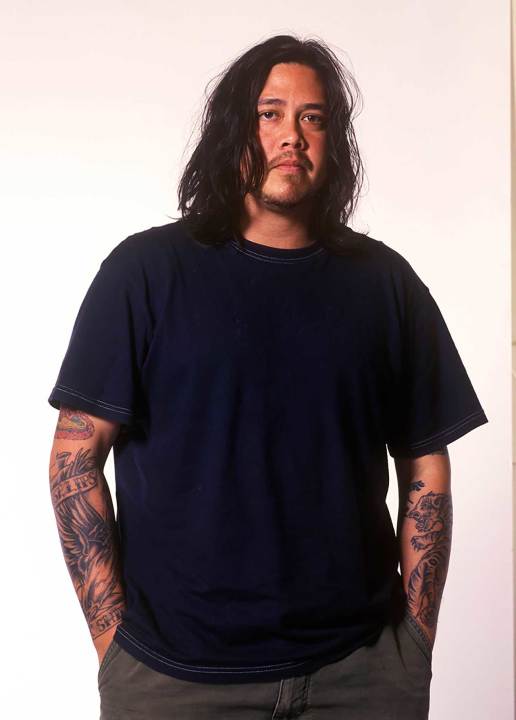
His death must still have come as a shock even after all that time.
We still deal with it on a daily basis, he’s still very much missed.
What was Chi like as a person?
Funny as hell, a fucking goon. He was straight-up very silly. Very smart though, very spiritual, but would do anything to make you laugh. He was very good at lifting the spirits whenever anybody was down, make a joke out of anything. Sometimes he’d go too far and end up offending somebody, but totally innocently, just trying to be the funny guy. There’s so many great stories that I have of coming of age with that guy.
What experiences did you bring into the songs on Gore, the third album without Chi but the first since his death?
It’s really communication. Even though Stephen and I still don’t see eye-to-eye, we communicate great now. And when we do see eye-to-eye and it works fabulously. I don’t feel like him and I are ever trying to take the same frequency, we’re very much about complementing each other now. You know, no one’s right and no one’s wrong. Together we’ll make something out of nothing. We’re just figuring out where we all fit in to what we do.
What have you learned over the years?
It’s never been that clear of a picture to me, I think we’re going to learn more stuff, so the story has not fully happened yet. But if right now I would say that the best things that we have ever done musically in our career are times when we are all passionate about our friendships, all the stuff that we’ve been through, and when we’re communicating. That’s when we’re the strongest.
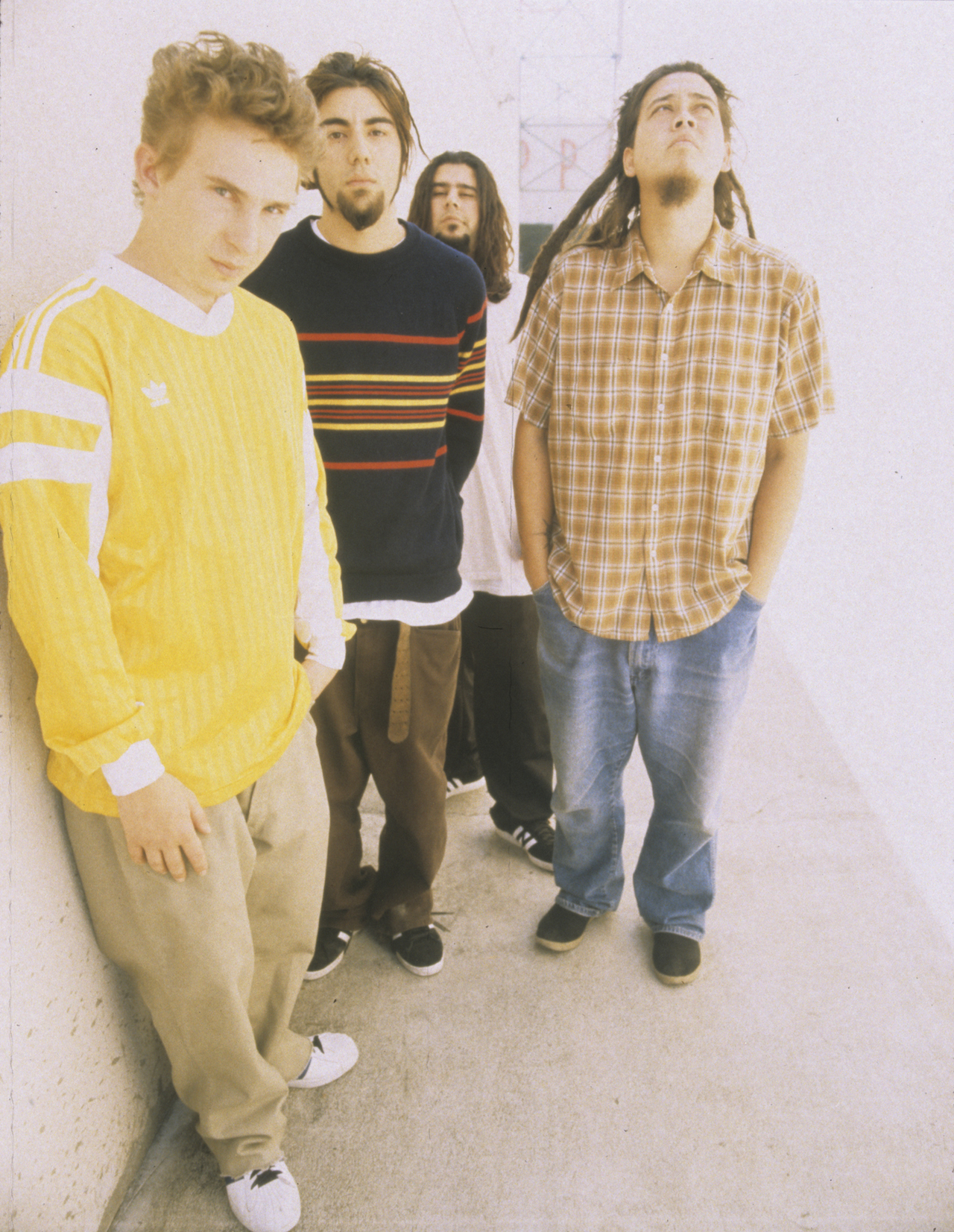
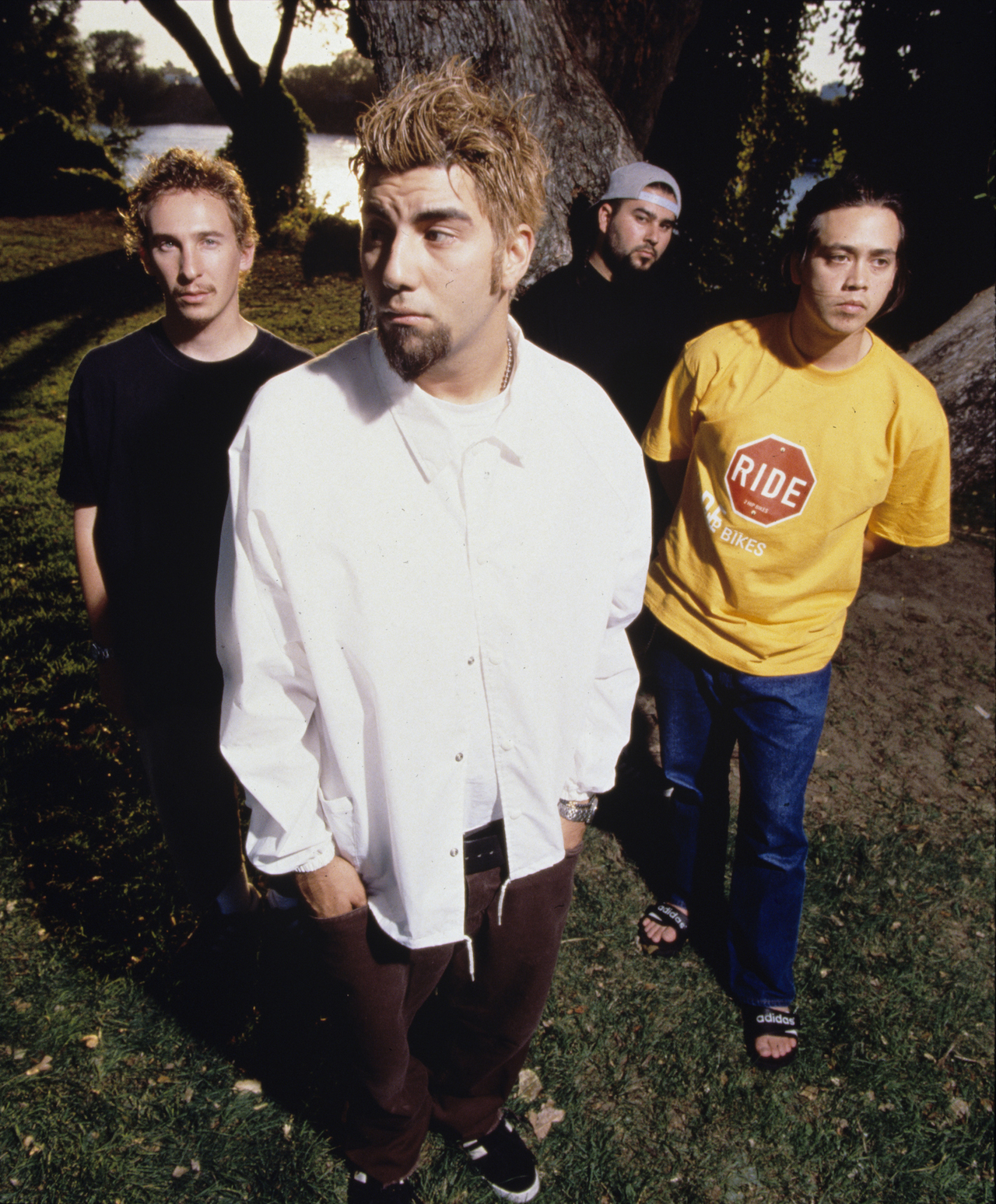
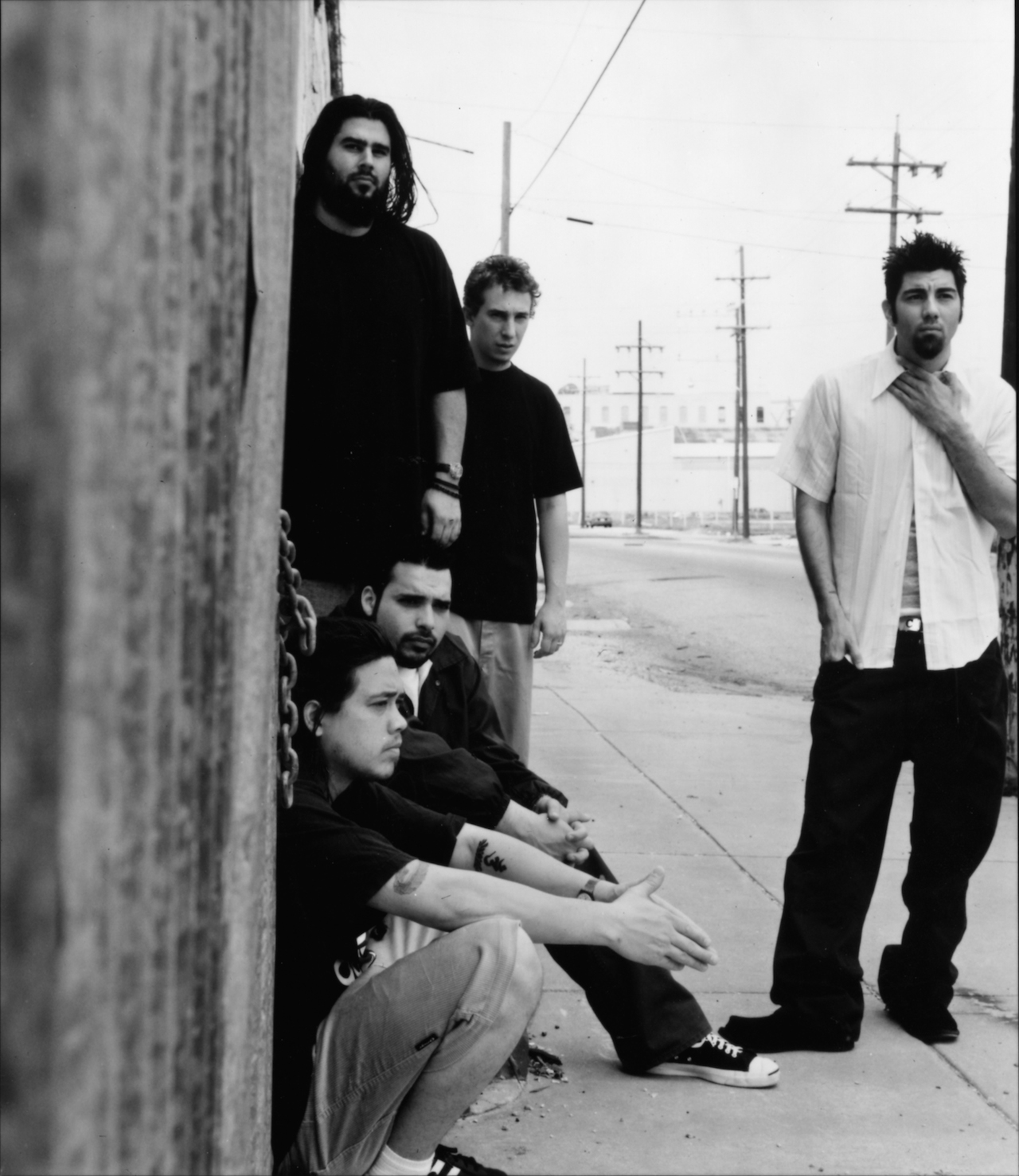
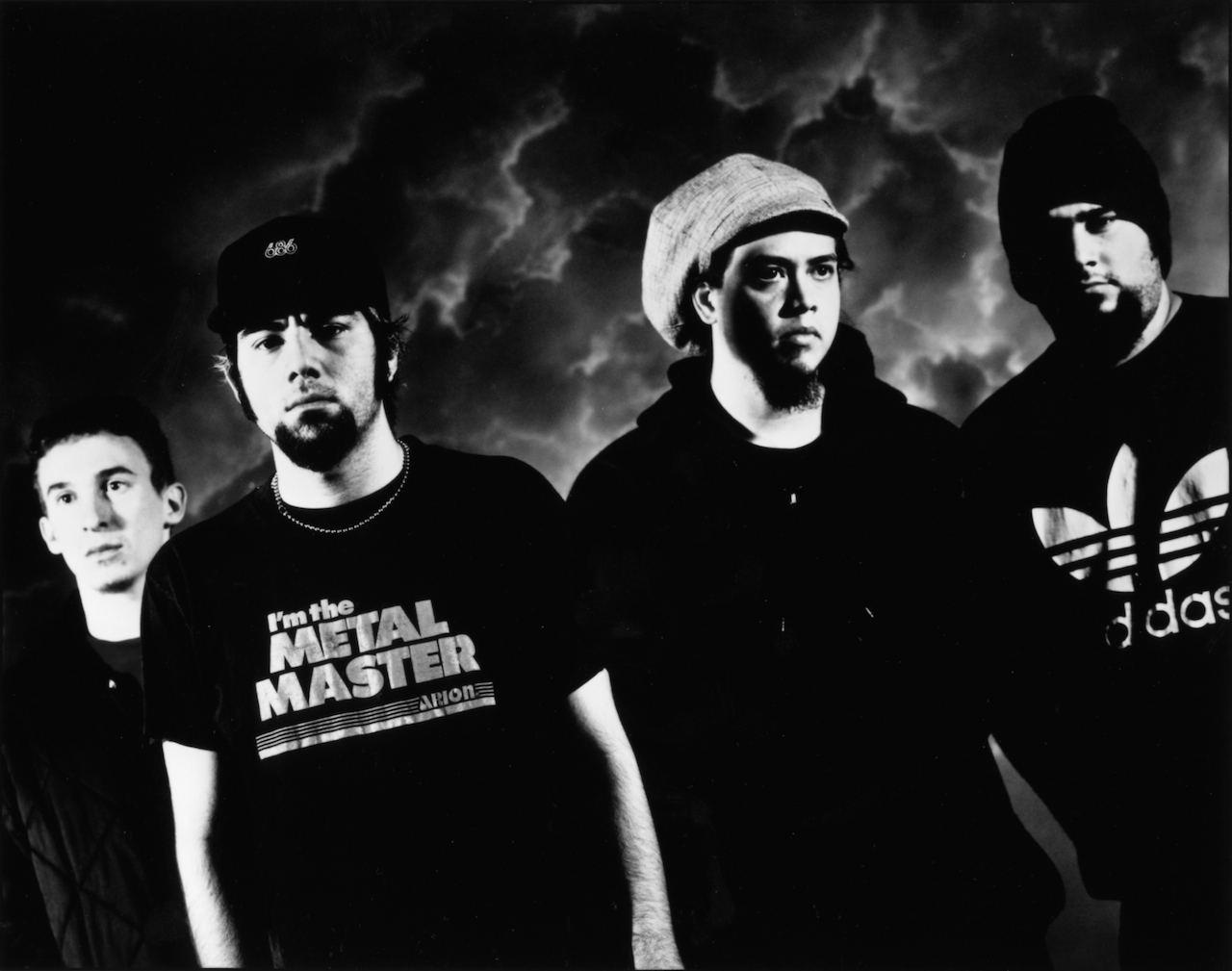
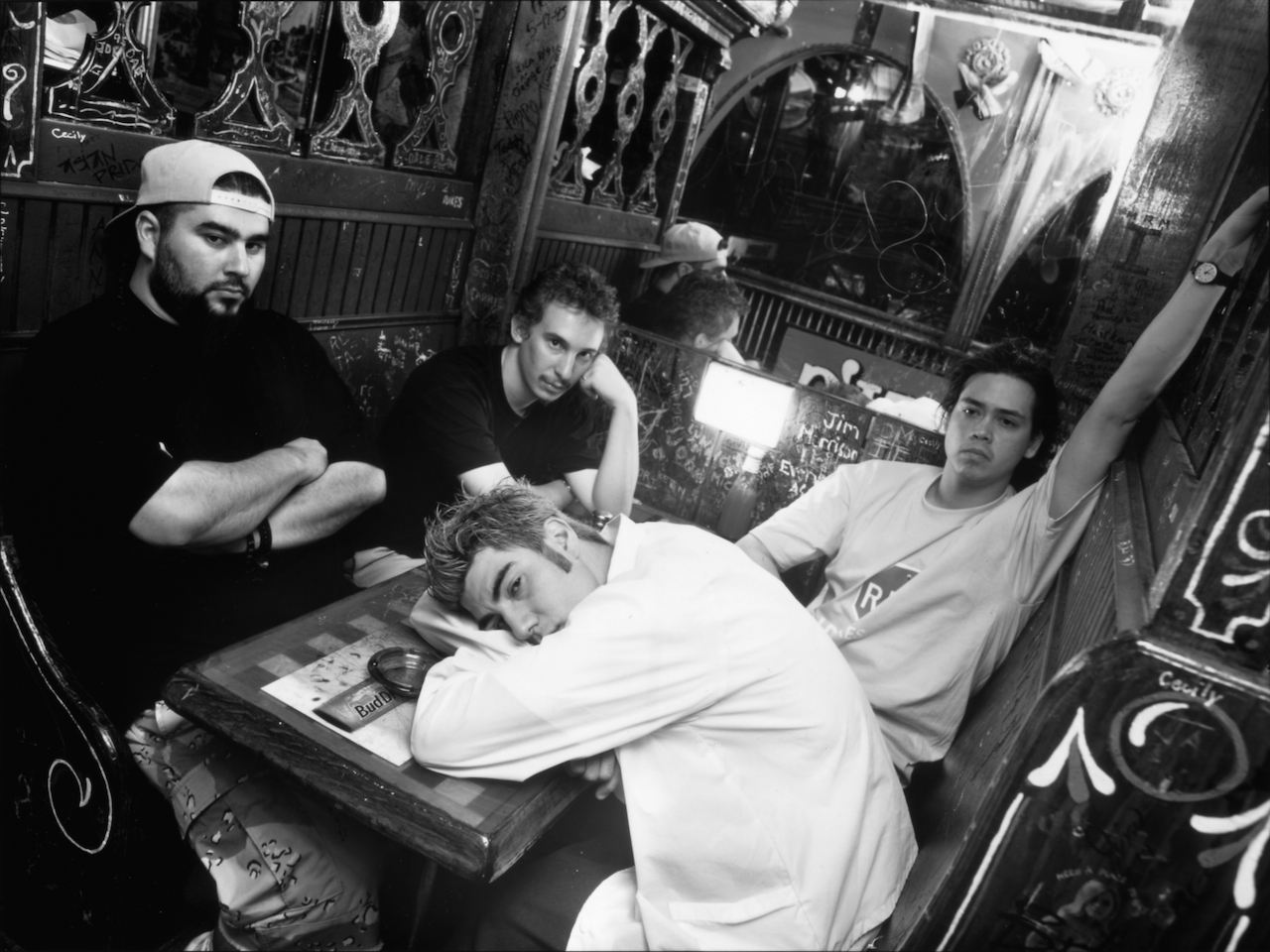
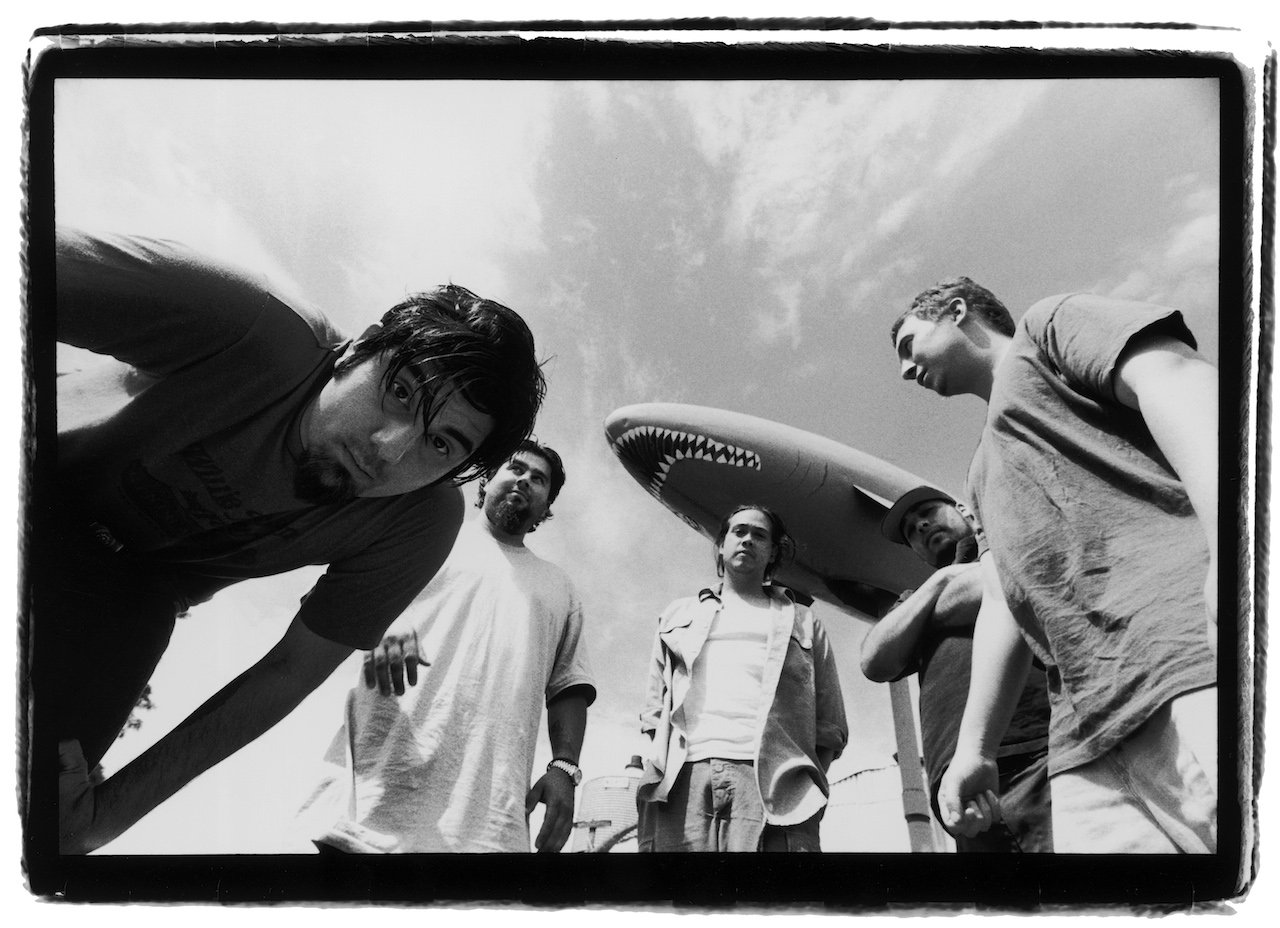
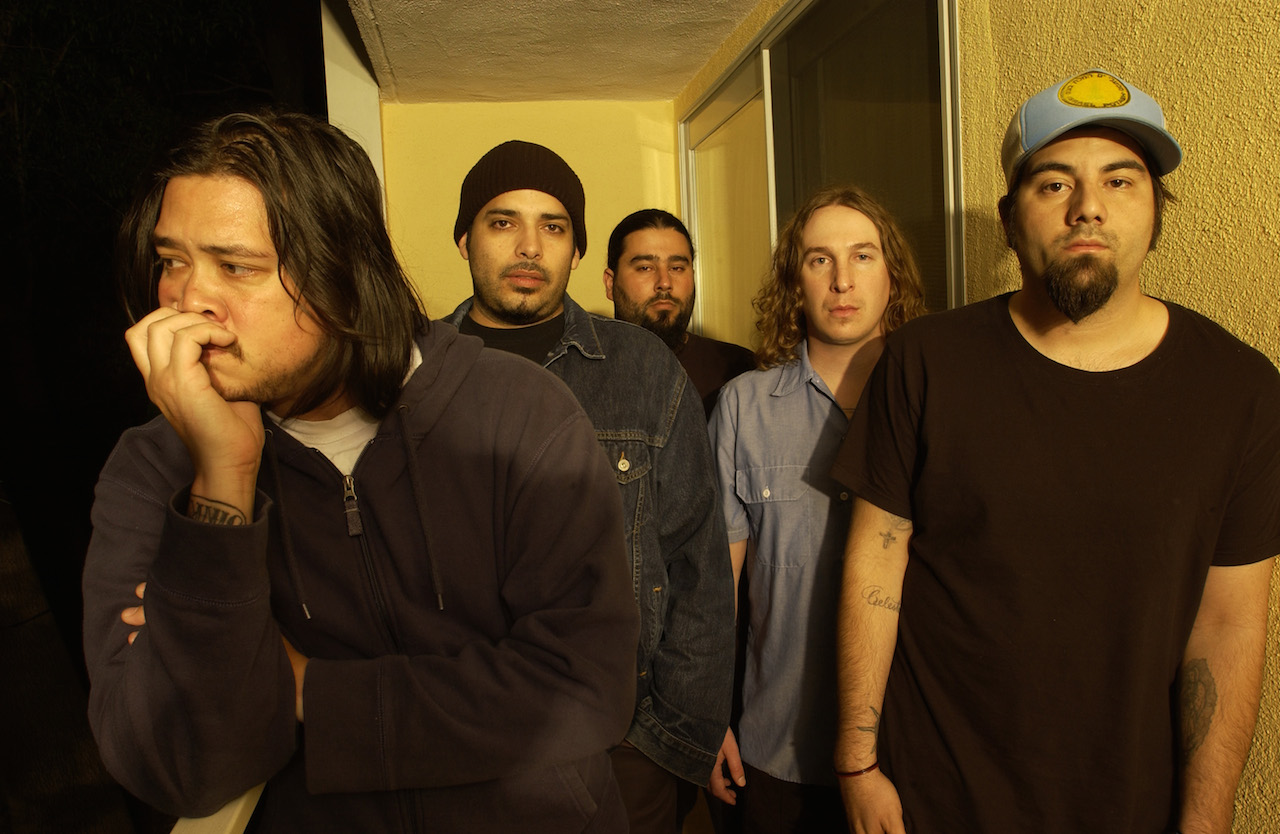
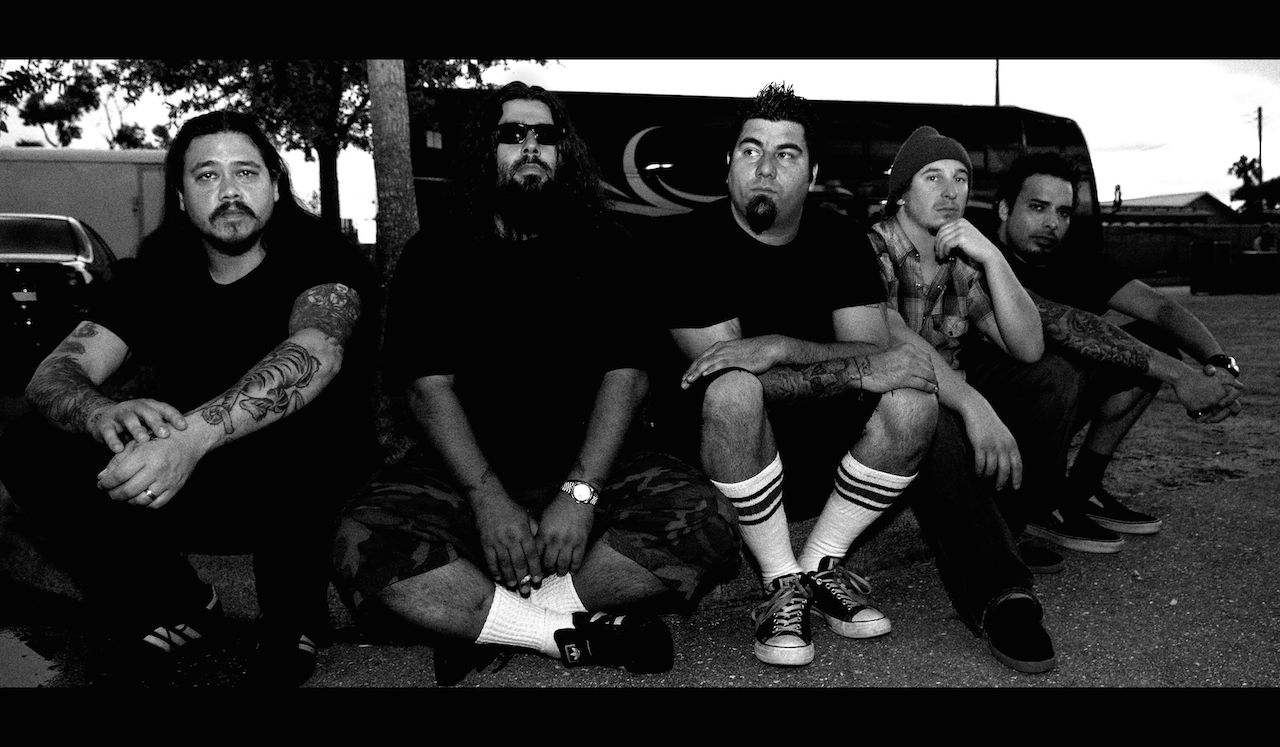
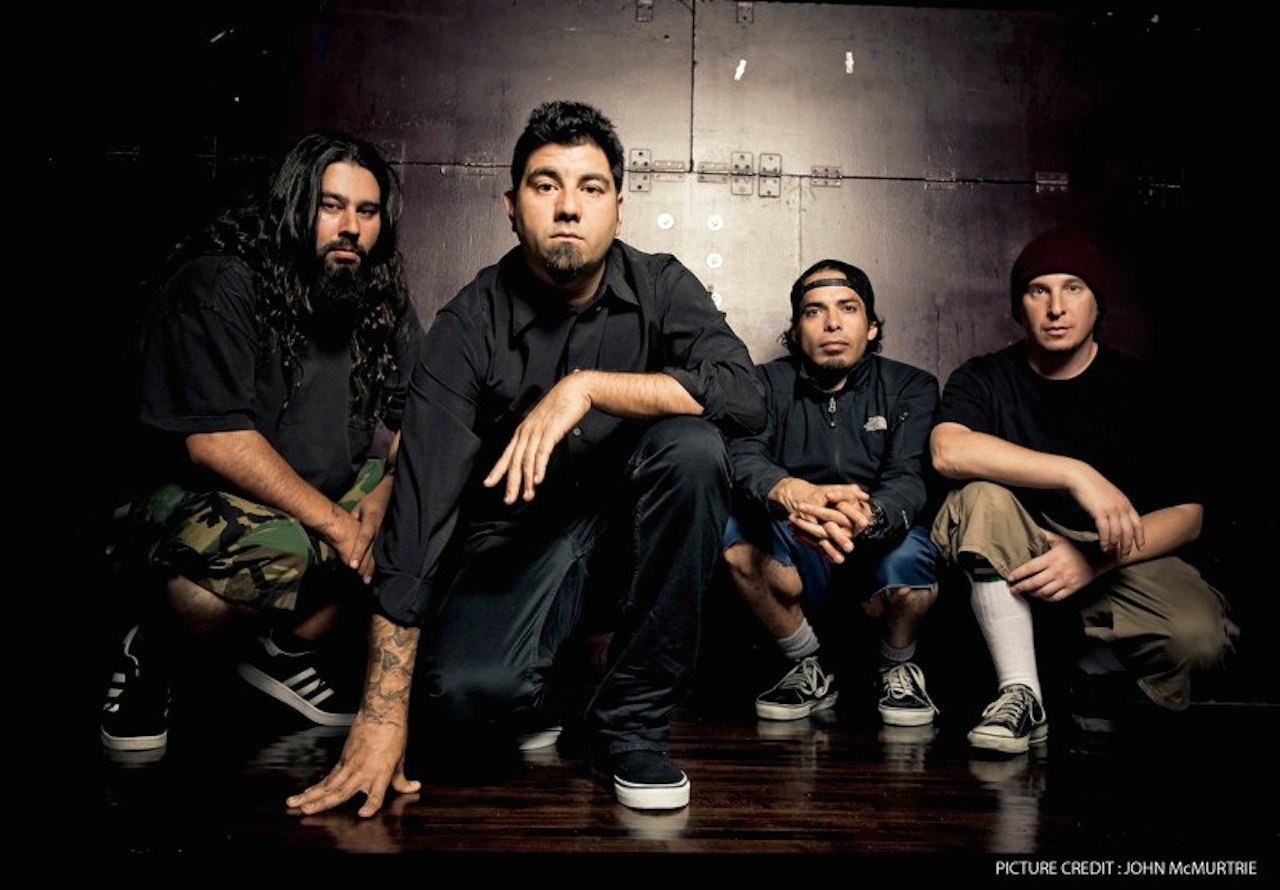
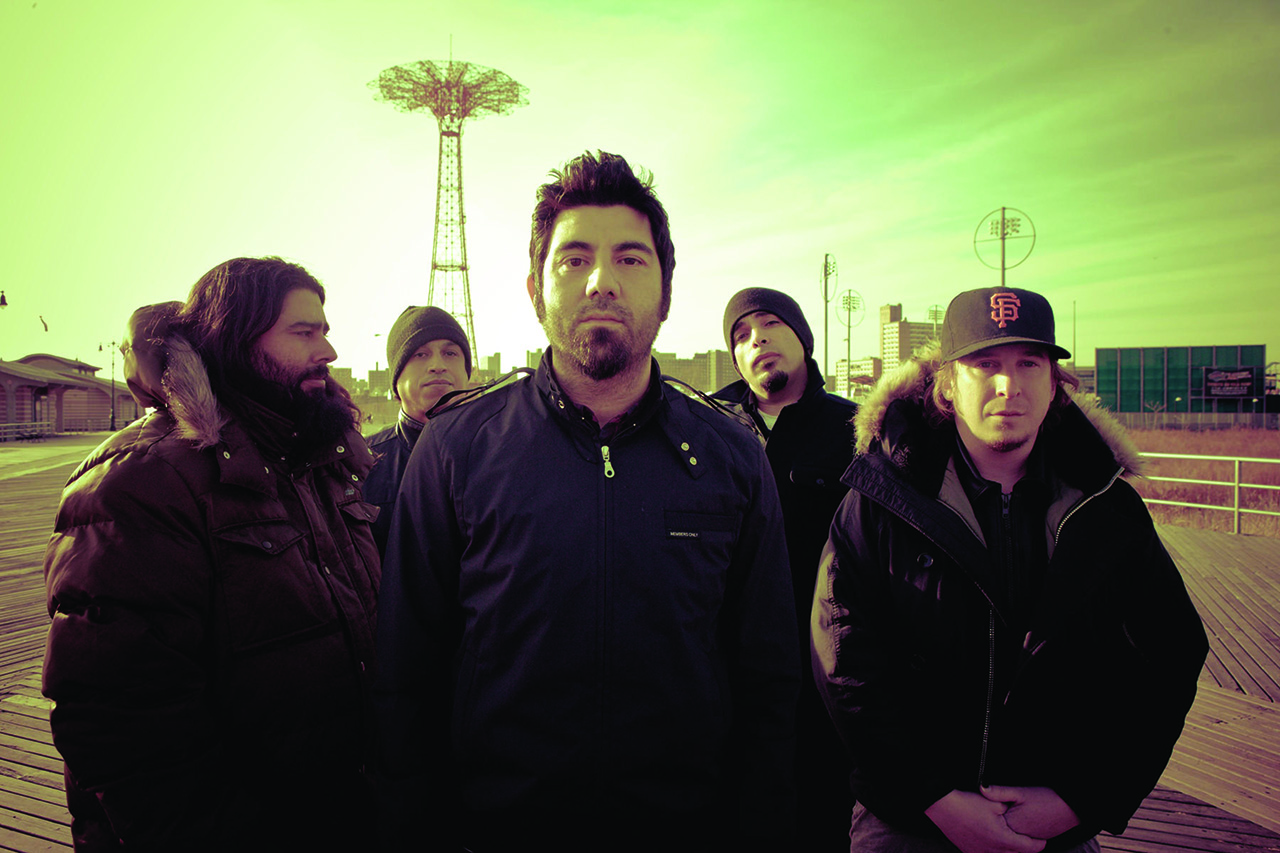
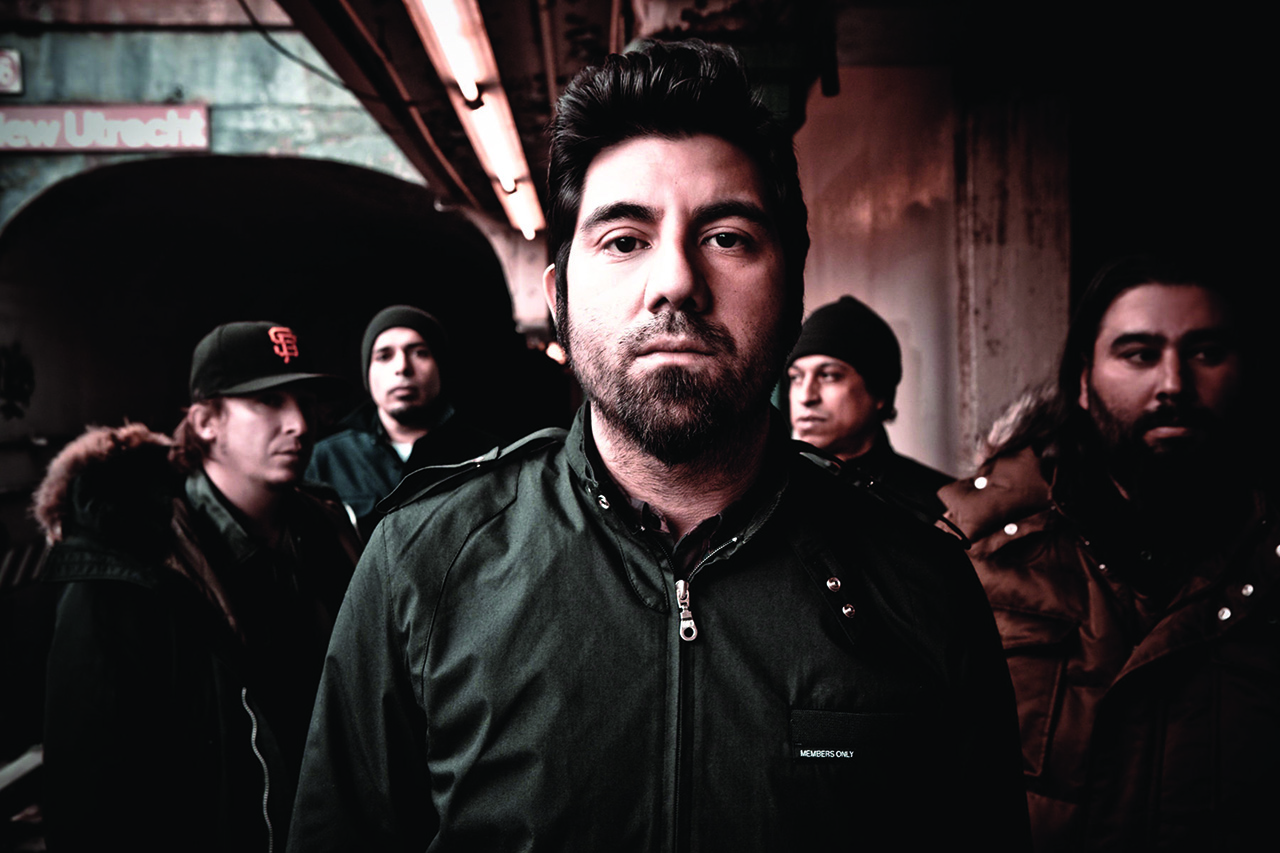
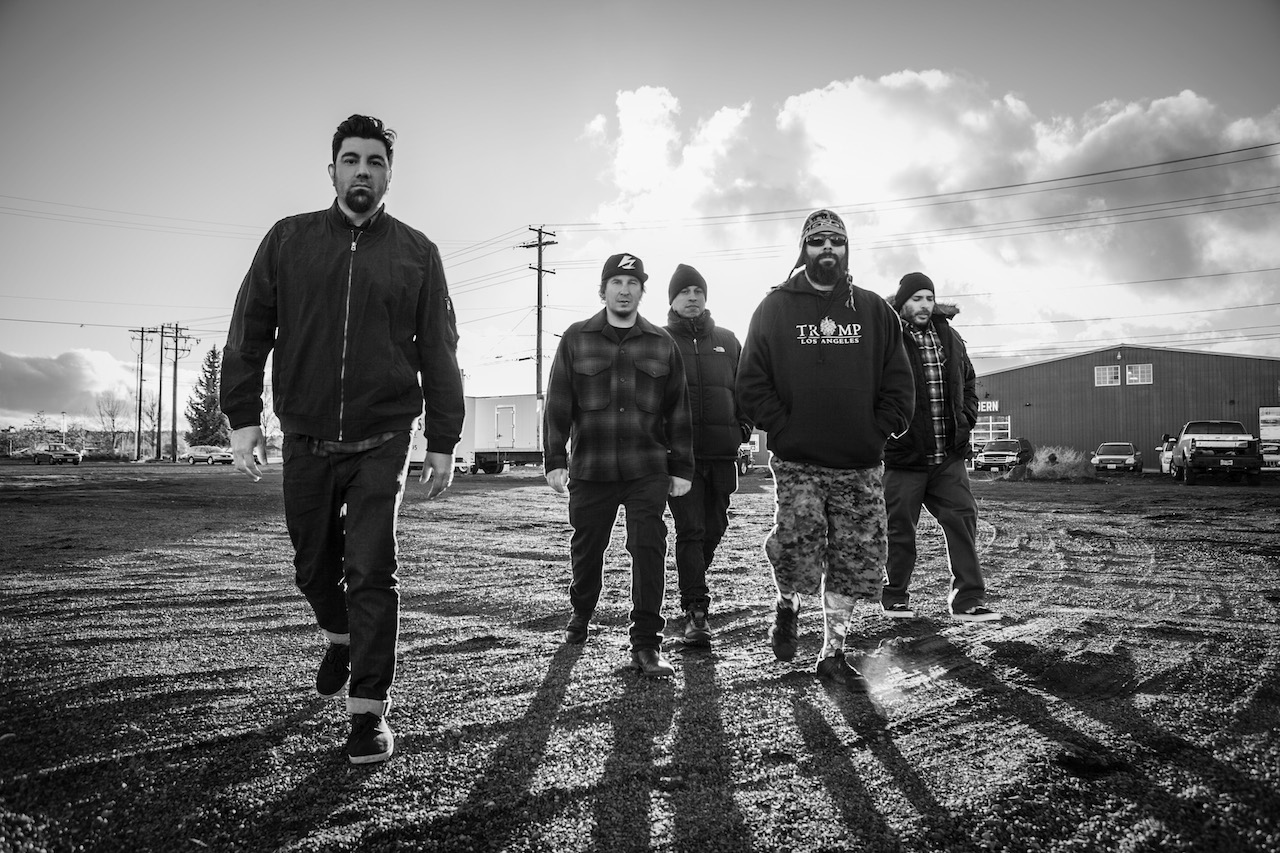
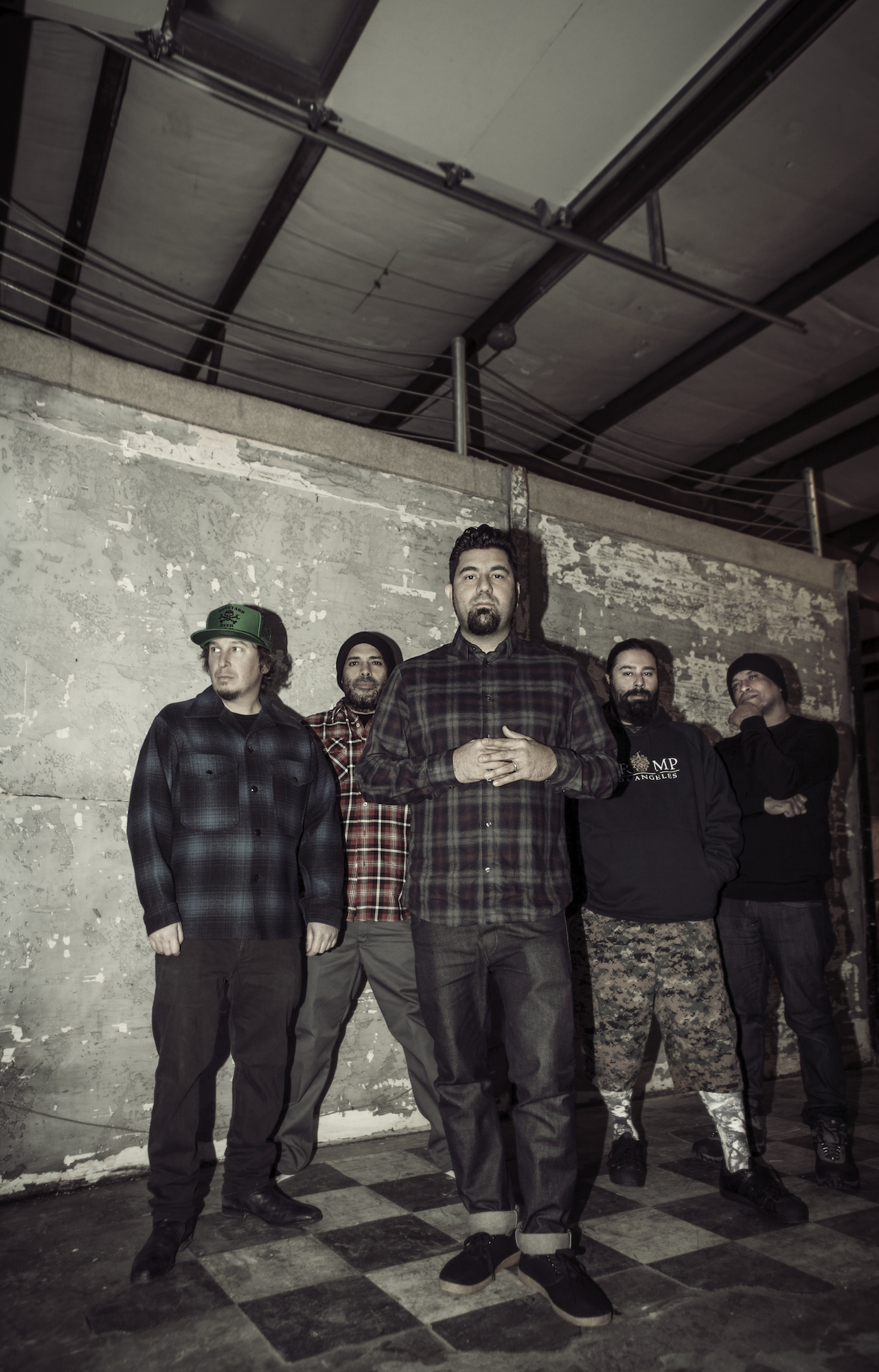
Emma has been writing about music for 25 years, and is a regular contributor to Classic Rock, Metal Hammer, Prog and Louder. During that time her words have also appeared in publications including Kerrang!, Melody Maker, Select, The Blues Magazine and many more. She is also a professional pedant and grammar nerd and has worked as a copy editor on everything from film titles through to high-end property magazines. In her spare time, when not at gigs, you’ll find her at her local stables hanging out with a bunch of extremely characterful horses.
